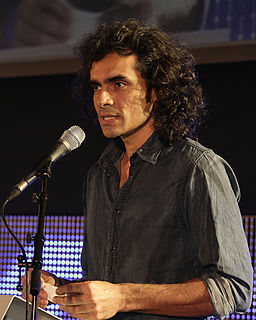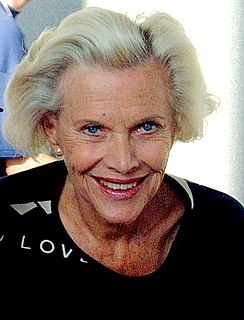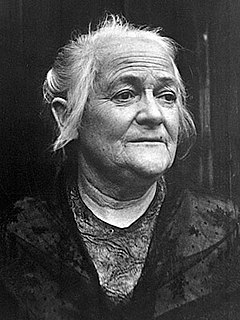A Quote by Imtiaz Ali
I come from a middle class background. I have travelled a lot by trains and have lived in the world. It is a world I cannot get away from; I would not even want to.
Related Quotes
I'm someone who thinks that the world would be a better place if there was a big middle class. I mean, middle class is peace. In a perfect world, everybody would have enough to eat and we'd be living in security. It's obvious. I'm very happy to pay my taxes and all that. I would say I'm more of a Social Democrat.
I was brought up in a very naval, military, and conservative background. My father and his friends had very typical opinions of the British middle class - lower-middle class actually - after the war. My father broke into the middle class by joining the navy. I was the first member of my family ever to go to private school or even to university. So, the armed forces had been upward mobility for him.
If you were a successful upper-middle-class Negro girl in the 1950s and '60s, you were, in practice and imagination, a white Protestant upper middle-class girl. Young, good-looking white women were the most desirable creatures in the world. It was hard not to want to imitate them; it was highly toxic, too, as we would learn.
The United States is a special case, and for me, very interesting. It's studied carefully and we know a lot about it. One of the most striking features of the elections is the class-based character of the vote. Now, class is not discussed or even measured in the United States. In fact, the word is almost obscene, except for the term "middle class." And you can't get exact class data; the census doesn't even give class data. But you can sort of see the significance of it just from income figures.






































